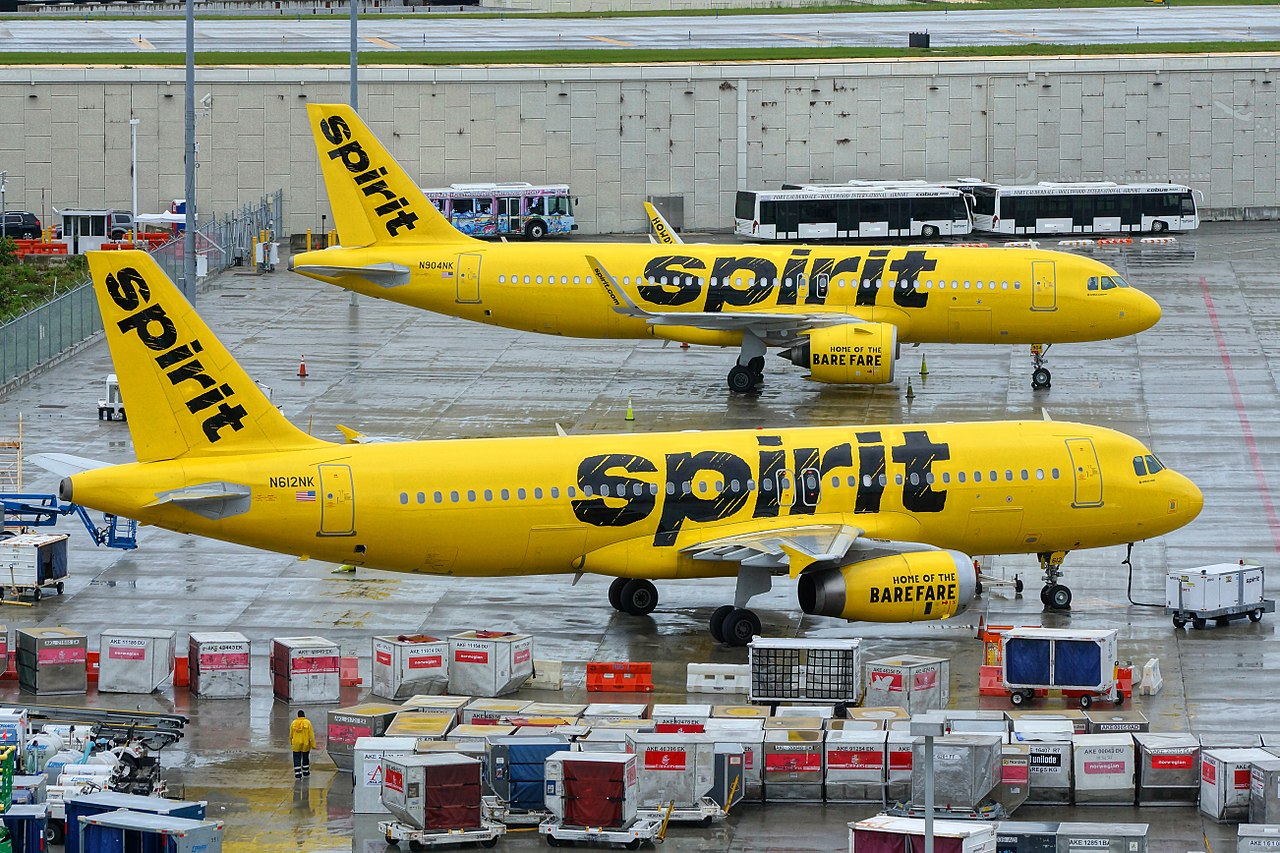Skift Take
Spirit CEO Ted Christie had some choice words for the current state of the airline industry as the ultra-low-cost carrier reported a greater first-quarter loss.
Spirit CEO Ted Christie criticized the current state of the airline industry, saying that profits have been “concentrated around two companies,” during a call with analysts on Monday.
“The smaller non-legacy carriers scrambled to restore profitability in what seems ever more like a rigged game,” Christie said on the call. “The Big 4 are the beneficiaries of this new normal, American consumers are the long-term losers.”
The “Big 4” carriers — American, Delta, United and Southwest — have reported record revenues since the pandemic. In particular, Delta, American and United have enjoyed a surge in demand for premium and international travel.
On the other hand, ultra-low-cost carriers like Spirit and Frontier have struggled to return to profitability partly due to overcapacity on popular domestic and leisure routes.
Bigger airlines have also sought to expand their basic economy product, hoping to entice budget travelers with their premium offerings and loyalty programs.
Spirit’s situation has been particularly dire. The carrier has been left to forge a standalone path after its merger with JetBlue failed and it has around $1.1 billion in debt set to mature in 2025. To strengthen its liquidity, Spirit has leased back planes, delayed plane deliveries and furloughed pilots.
Shortly after a judge struck down the JetBlue-Spirit merger in January, some Wall Street analysts said Spirit would need to find another buyer or face bankruptcy. Christie previously fired back at those comments, calling them a “misguided narrative.”
Should It Have Been Spirit-Frontier Instead?
Christie was also critical of the failed merger with JetBlue and the shareholders that rejected Frontier’s bid. In 2022, Frontier made a cash-stock offer to merge with Spirit, valued at $6.6 billion at the time. But then JetBlue made an all-cash offer with a higher break-up fee, which shareholders ultimately ended up approving.
“In the beginning of our consolidation process in 2022, we advocated strongly for a merger between the two largest ULCCs and tried to outline the challenges with the proposed JetBlue transaction, but our shareholders did not listen,” Christie said.
Christie said he still believed a merger with JetBlue would have been good for consumers.
“While not our first choice, we believe the merger with JetBlue would as an alternative still be very positive for consumers and our other constituents,” he continued. “We were well aware of the regulatory risk that might prevent the merger from successfully closing.”
Spirit reported a first-quarter loss of $142.6 million and revenue declined to $1.27 billion from $1.35 billion during the same time last year. The carrier said in an earnings release it expected delivery deferrals and compensation for the Pratt & Whitney engine issues would give it a liquidity boost of $450 to $550 million in 2024.
Airlines Sector Stock Index Performance Year-to-Date
What am I looking at? The performance of airline sector stocks within the ST200. The index includes companies publicly traded across global markets including network carriers, low-cost carriers, and other related companies.
The Skift Travel 200 (ST200) combines the financial performance of nearly 200 travel companies worth more than a trillion dollars into a single number. See more airlines sector financial performance.
Read the full methodology behind the Skift Travel 200.

